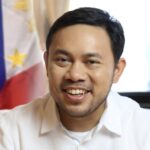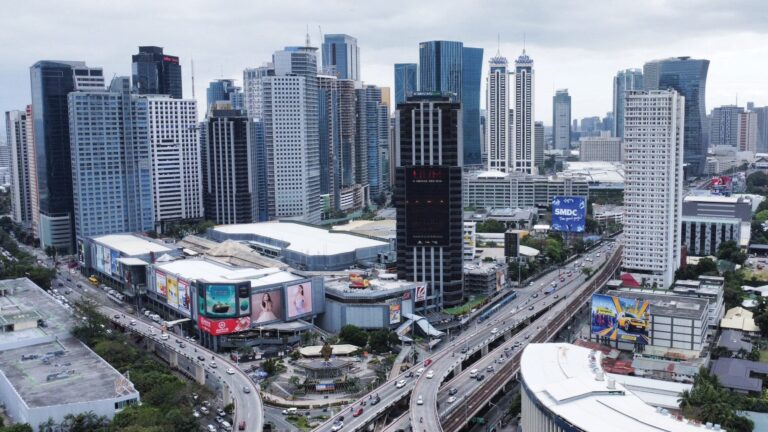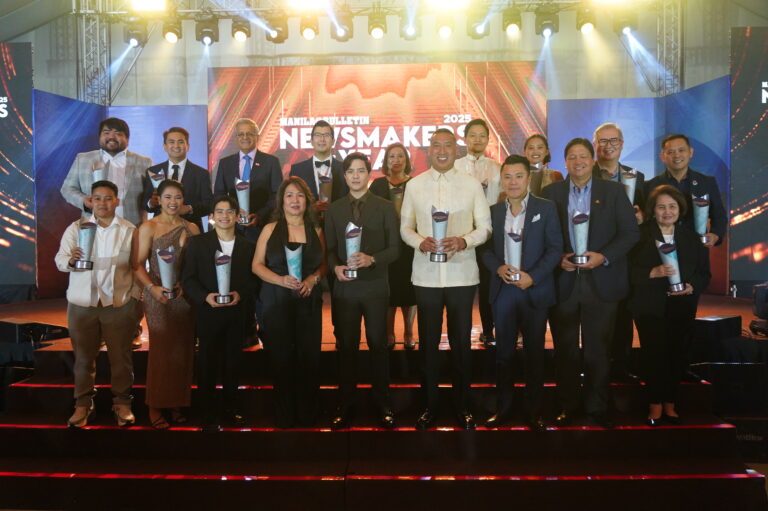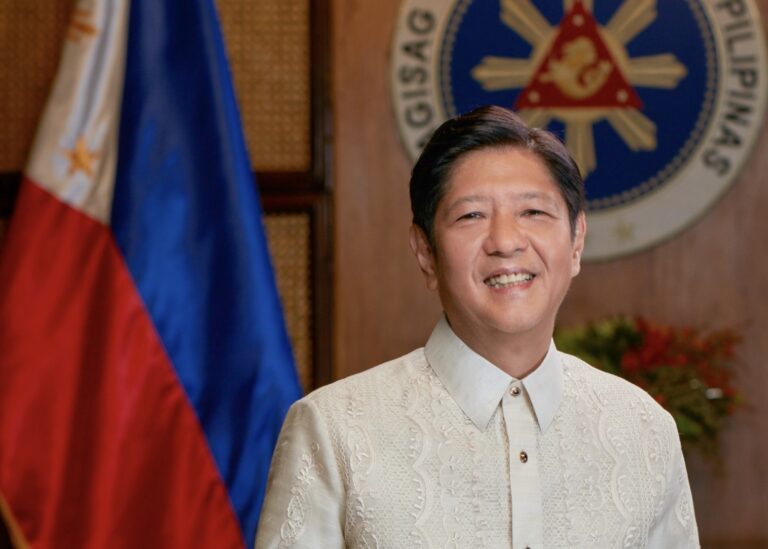As the Manila Bulletin marks its 125th anniversary, we ask Tourism Secretary Christina Frasco how far we have come. ‘A long way,’ she says, but we are poised to go even further, ready for more of the worldLife today is significantly better, particularly in the context of Philippine tourism, which has become a transformative force …
As the Manila Bulletin marks its 125th anniversary, we ask Tourism Secretary Christina Frasco how far we have come. ‘A long way,’ she says, but we are poised to go even further, ready for more of the world
Life today is significantly better, particularly in the context of Philippine tourism, which has become a transformative force for millions of Filipinos.
At the Department of Tourism (DOT), we are driven by the ethos to empower the heart of Philippine tourism—the Filipino people. Hence, we have worked to ensure that opportunities expand for countless Filipinos to find meaningful employment in the tourism sector. We have strengthened our partnerships with industry stakeholders to provide skills trainings, enhance service standards and improve the overall tourist experience, digitalize the industry, and create a more resilient and competitive tourism workforce. Our goal has always been to equip Filipinos with the tools and opportunities to succeed.
Under the administration of President Ferdinand R. Marcos, Jr. and under the banner of the “Love the Philippines” campaign, the tourism sector has generated employment opportunities for diverse groups—empowering women, youth, and marginalized communities—fostering an environment of inclusivity and innovation.
As compared to past decades, when access to opportunities was often limited by sex, socioeconomic status, or even stereotypes, the present landscape promotes entrepreneurship and supports individuals in pursuing their dreams. Today, we have deaf tour guides in Intramuros, female boatmen at Pagsanjan Falls, and businesses run by members of indigenous peoples in many destinations in our country.
Beyond economic gains, tourism has a deeper, more profound impact—it unites us as a nation. It allows us to celebrate our heritage, share our stories, and showcase the warmth and hospitality that define us as Filipinos, fostering a sense of national pride and identity that resonates across generations.
With the talent, creativity and industry of Filipinos in the tourism sector—our tour guides, our artisans, our tourism frontliners, our local government units, our business owners, and everyone who plays a part in shaping the Philippine tourism experience, the driving force for Philippine tourism to succeed is steadfast, making the Philippines a destination like no other.
Tourism bridges gaps between generations, communities, and people of different backgrounds. In every tourist who visits our shores, we find an opportunity to showcase the heart and soul of the Philippines.
That is why when President Marcos, Jr. invited me to serve as the tourism secretary, I embraced it with the same passion and commitment I had for Liloan, Cebu, bringing with me the sense of urgency and priority for basic development, community empowerment, and innovation that defined my time as mayor. Tourism, after all, is not merely about promoting our natural assets. It is about developing a strong foundation for our destinations to thrive and become globally competitive, creating meaningful experiences, fostering cultural pride, and ensuring that every Filipino benefits from the opportunities the industry provides.
Once called our country’s sunshine industry, tourism is on the cusp of a remarkable renaissance. With a renewed focus on positioning the country as a top global destination, his administration has introduced strategic initiatives that capitalize on the nation’s rich cultural heritage, natural beauty, and the Filipino warm hospitality.
We, in the DOT, put the spotlight on the country’s diverse attractions while fostering sustainable tourism development. Meanwhile, the national government has started to pour in investments in infrastructure, digitalization, and partnerships with key stakeholders in an aim to enhance the visitor experience and improve accessibility to well-known and emerging destinations.
Moreover, efforts to expand niche markets such as gastronomy, wellness, golf, dive, English as Second Language (ESL), and film tourism are creating new opportunities for economic growth, resulting in more tourist spending and creating more jobs..
Today, as we stand witness to our industry regain its momentum, I am filled with hope and optimism for what lies ahead.
The challenges are vast but the journey of laying the groundwork for Philippine tourism to emerge as a destination that values quality and sustainable tourism has begun.






